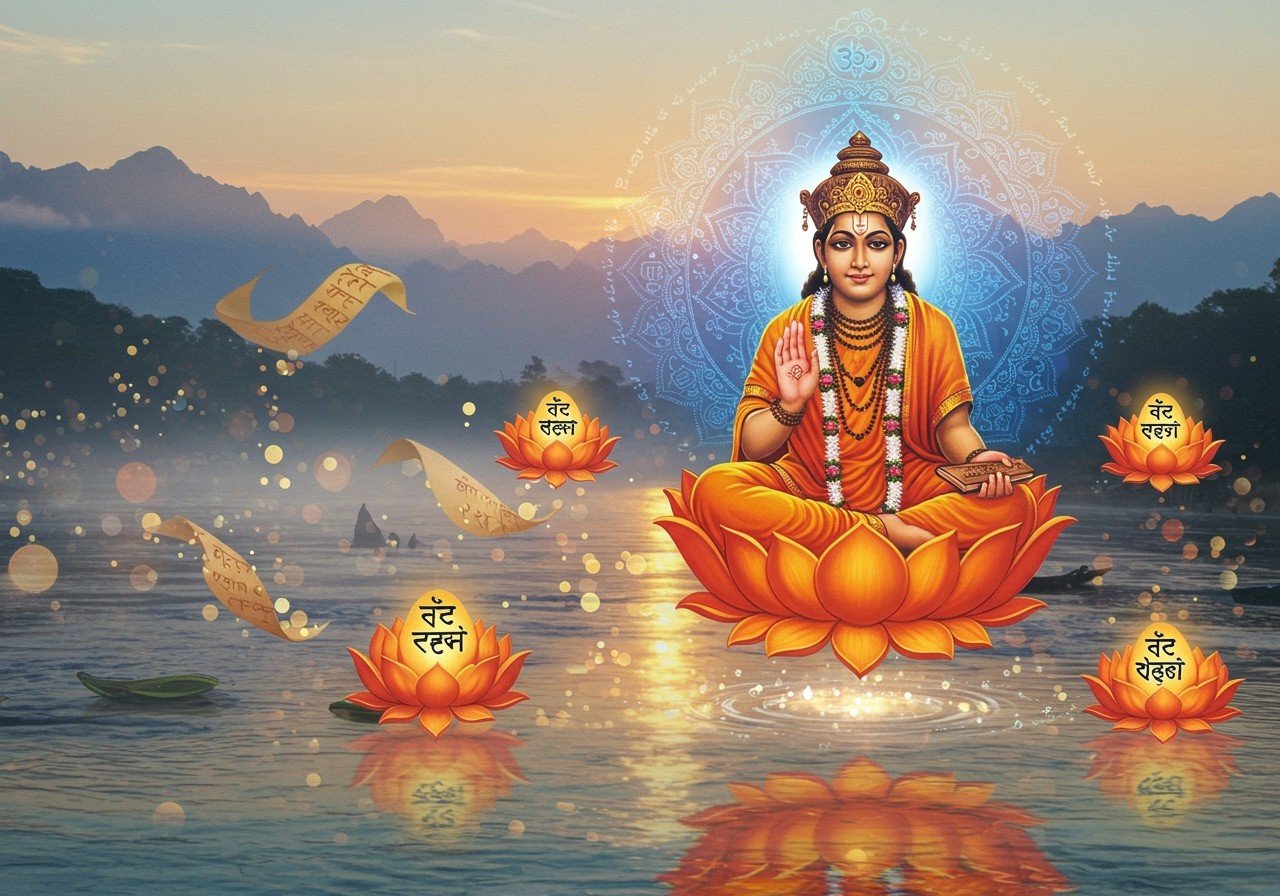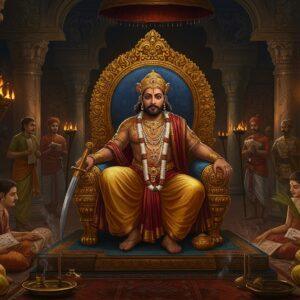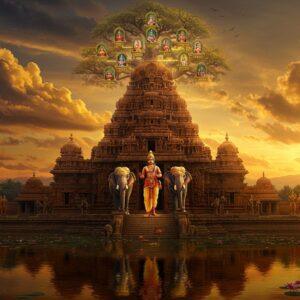
Adi Shankara (c. 700-750 CE), a revered philosopher, deeply impacted Indian thought and spirituality. His teachings on Advaita Vedanta continue to inspire those seeking traditional wisdom and cultural heritage. This blog delves into his profound quotes, uncovering their significance and meaning, offering guidance and inspiration for modern life.
Adi Shankara’s Philosophical Contributions: Advaita Vedanta and its Core Principles
Adi Shankara championed Advaita Vedanta, a philosophy centered around the concept of Brahman, the ultimate, unchanging reality. Shankara also illuminated the concept of Maya, the illusion obscuring our true nature. He emphasized the unity of Atman (individual self) and Brahman. His teachings highlight self-realization and liberation (moksha) as life’s ultimate goals. You can delve deeper into these concepts with resources available on Bhakti Yoga.
The Significance of Adi Shankara’s Quotes: Insights and Inspiration
Adi Shankara’s quotes offer profound philosophical insights and practical wisdom, encapsulating the essence of Advaita Vedanta. They offer solace and direction for spiritual seekers grappling with contemporary existential questions. These teachings transcend cultural and religious boundaries, offering universal appeal and promoting inner peace. Further insights can be found in our article on Hindu Values.
Adi Shankara’s Quotes on Shiva: Devotion and Symbolism
Adi Shankara’s profound devotion to Lord Shiva is evident in his works like Shivananda Lahari. Shiva symbolizes eternal truth and consciousness in his teachings. His quotes emphasize surrender and devotion to Shiva as a pathway to spiritual evolution. Shiva is revered both as the destroyer of ignorance and the embodiment of auspiciousness. Explore our range of Siddhi products to enhance your spiritual practice.
Adi Shankara’s Quotes on Education: Knowledge as a Path to Liberation
Adi Shankara stressed the vital role of knowledge (‘Jnana’) in achieving self-realization. He believed true knowledge liberates us from ignorance. The guidance of a Guru is crucial in this journey. His quotes encourage discernment and critical thinking in the pursuit of true understanding. Discover relevant spiritual texts like the Bhagavad Gita at poojn.in.
Practical Applications of Adi Shankara’s Teachings in Daily Life
Shankara’s teachings can be integrated into daily life. Meditation and self-inquiry facilitate the realization of one’s true self. Practicing detachment (Vairagya) promotes balance. Ethical conduct (Dharma) forms the foundation for spiritual progress. Enhance your meditation practice with our selection of meditation accessories at poojn.in. Consider incorporating Rangoli designs into your spiritual practice, drawing inspiration from our post on Ganesh Chaturthi Rangoli designs.
Key Ideas and Quotes from Adi Shankara
- Brahman is the Only Reality: Shankara asserted that Brahman alone is real, and the world is merely its appearance. He emphasized that Brahman, the unchanging entity, is the sole true existence.
- Atman and Brahman are One: Advaita Vedanta posits the non-duality of Atman and Brahman. Shankara sought to explain how liberation arises from recognizing this fundamental unity.
- The World is an Illusion (Maya): The empirical world is seen as an illusion born from ignorance, obscuring the true identity of Atman and Brahman. Prepare for upcoming festivals with insights from our Ganesh Chaturthi Quotes post.
- Knowledge Leads to Liberation: Ignorance (Avidya) veils the self-luminous Brahman. Self-knowledge is the highest form of knowledge, leading to immortality.
- Self-Realization: Shankara advocated for abandoning worldly concerns and focusing on removing false assumptions about the self, leading to self-realization. You can find essential puja items, including clay diyas, at poojn.in.
- “Tat Tvam Asi” (That You Are): This Mahavakya encapsulates the core principle of Advaita Vedanta, affirming the identity of Atman and Brahman.
By embracing Adi Shankara’s profound philosophy and utilizing the resources available on poojn.in, individuals can embark on a journey of self-discovery and spiritual growth, navigating modern life with the wisdom of ancient traditions.


